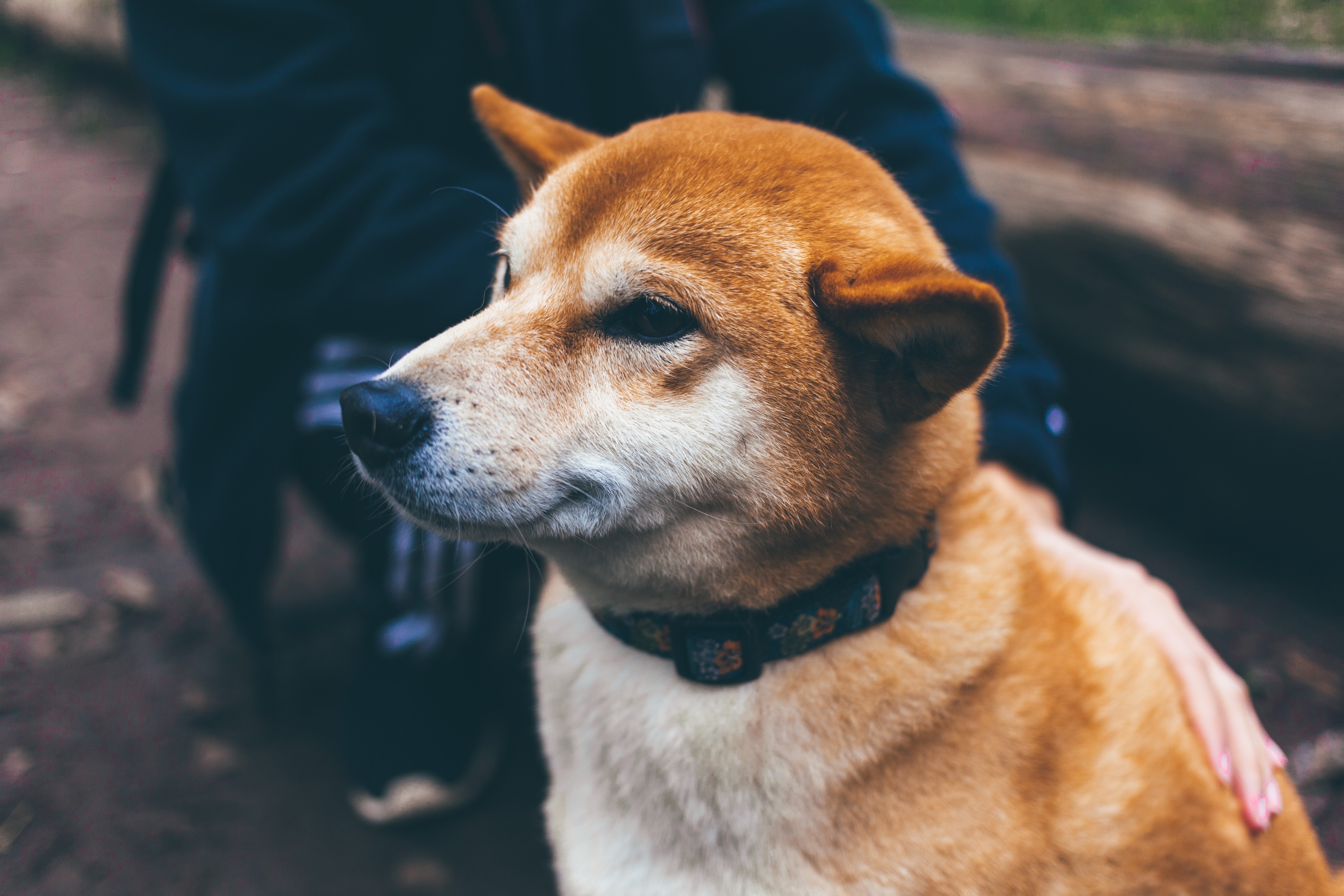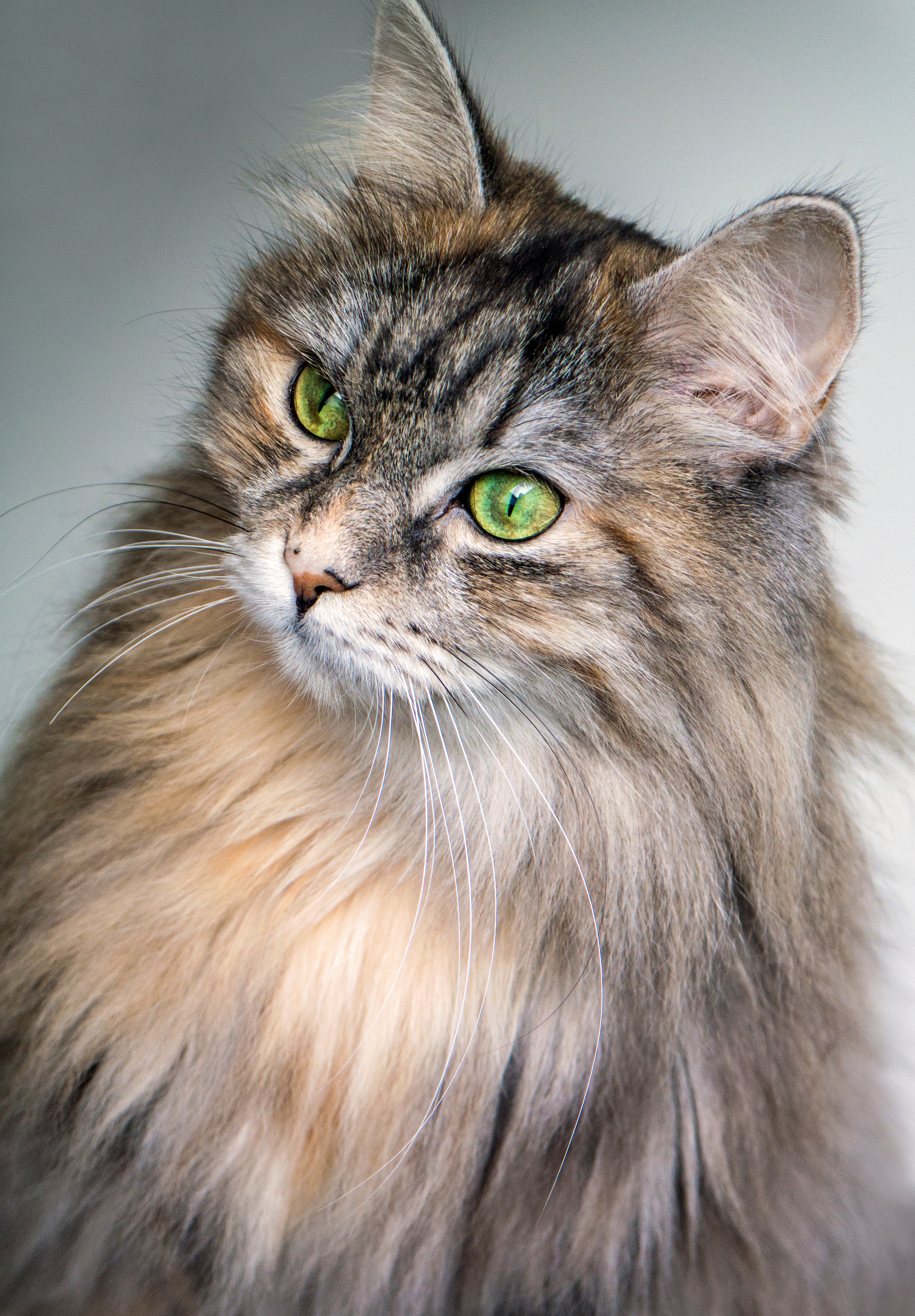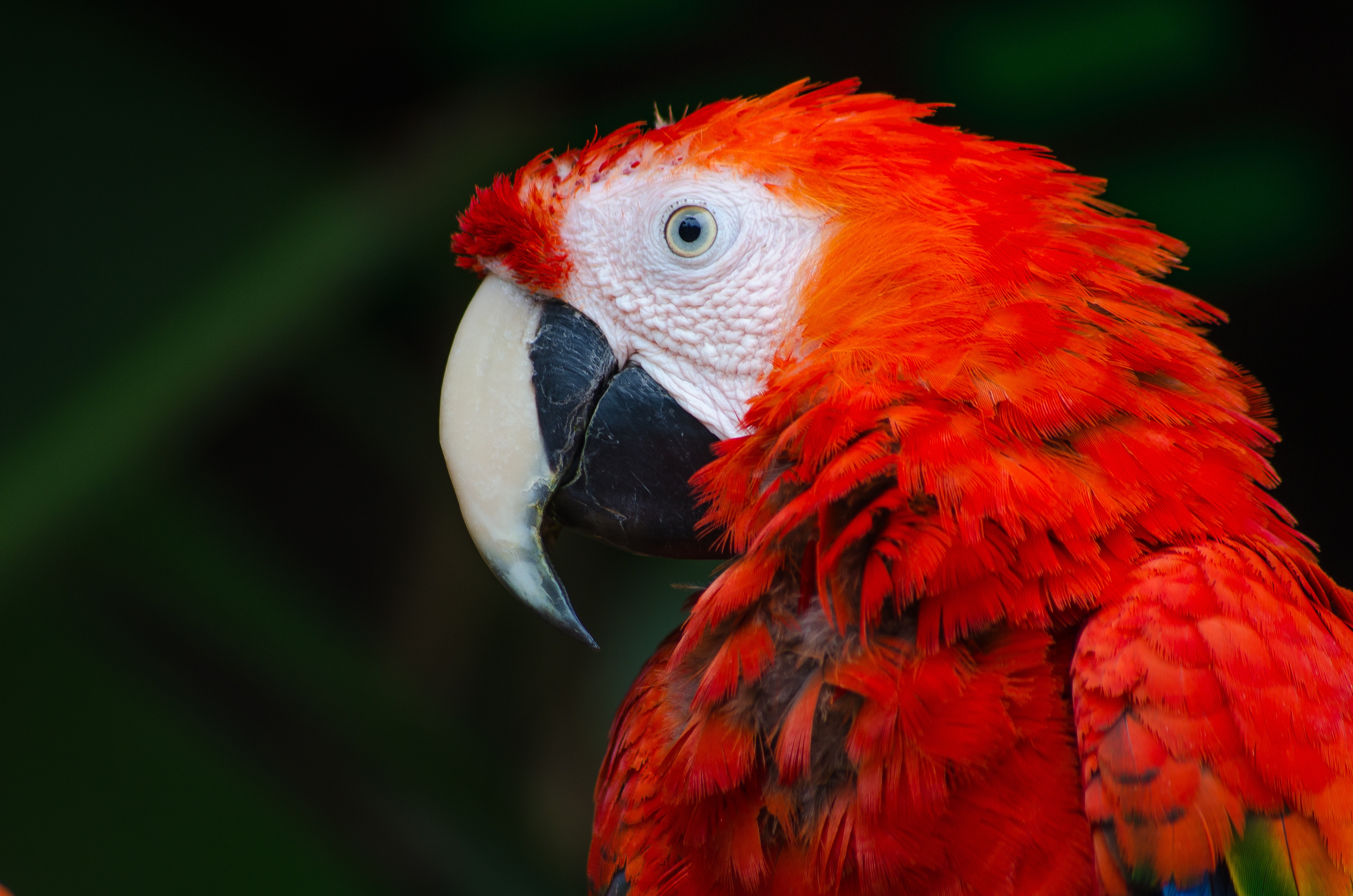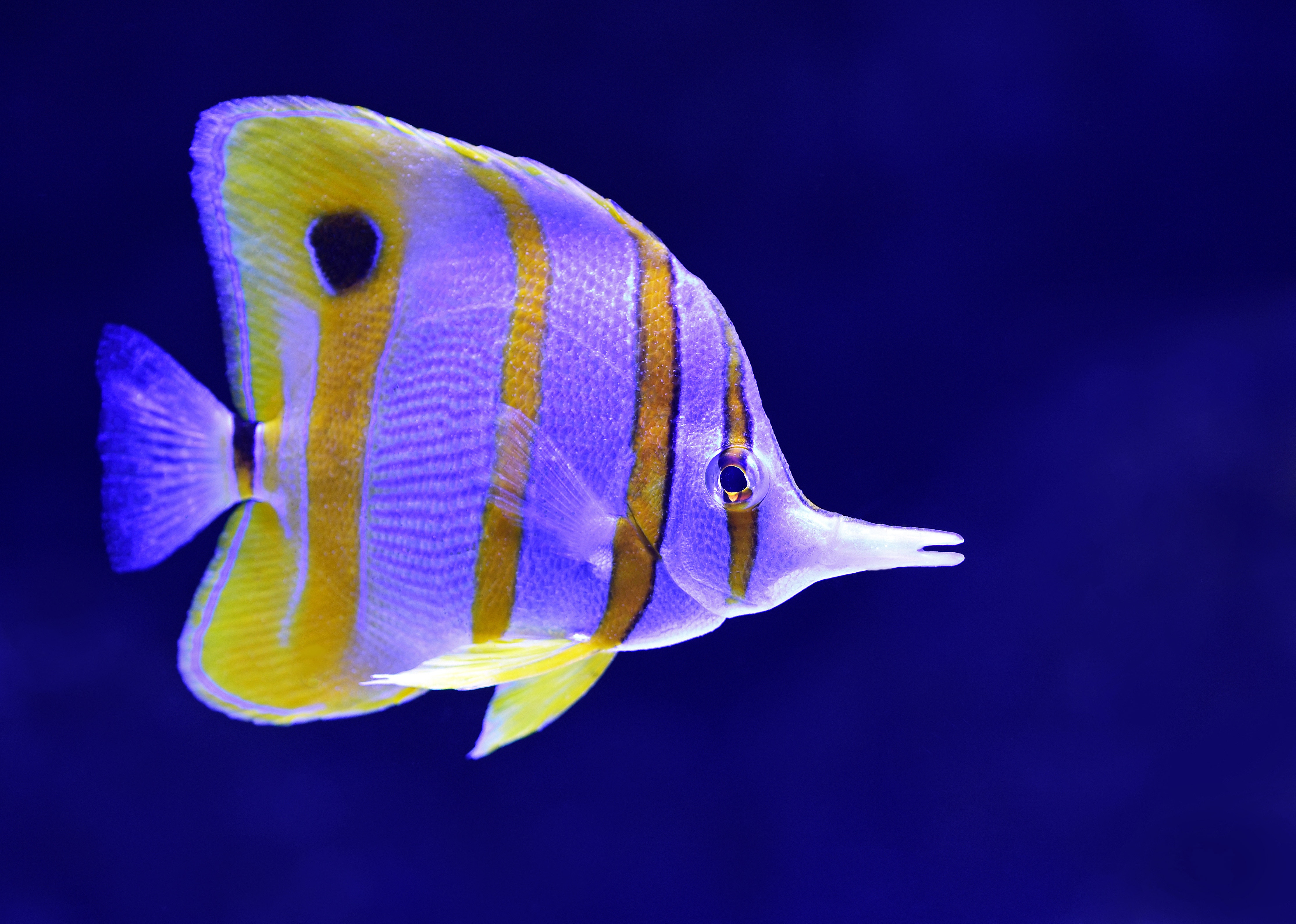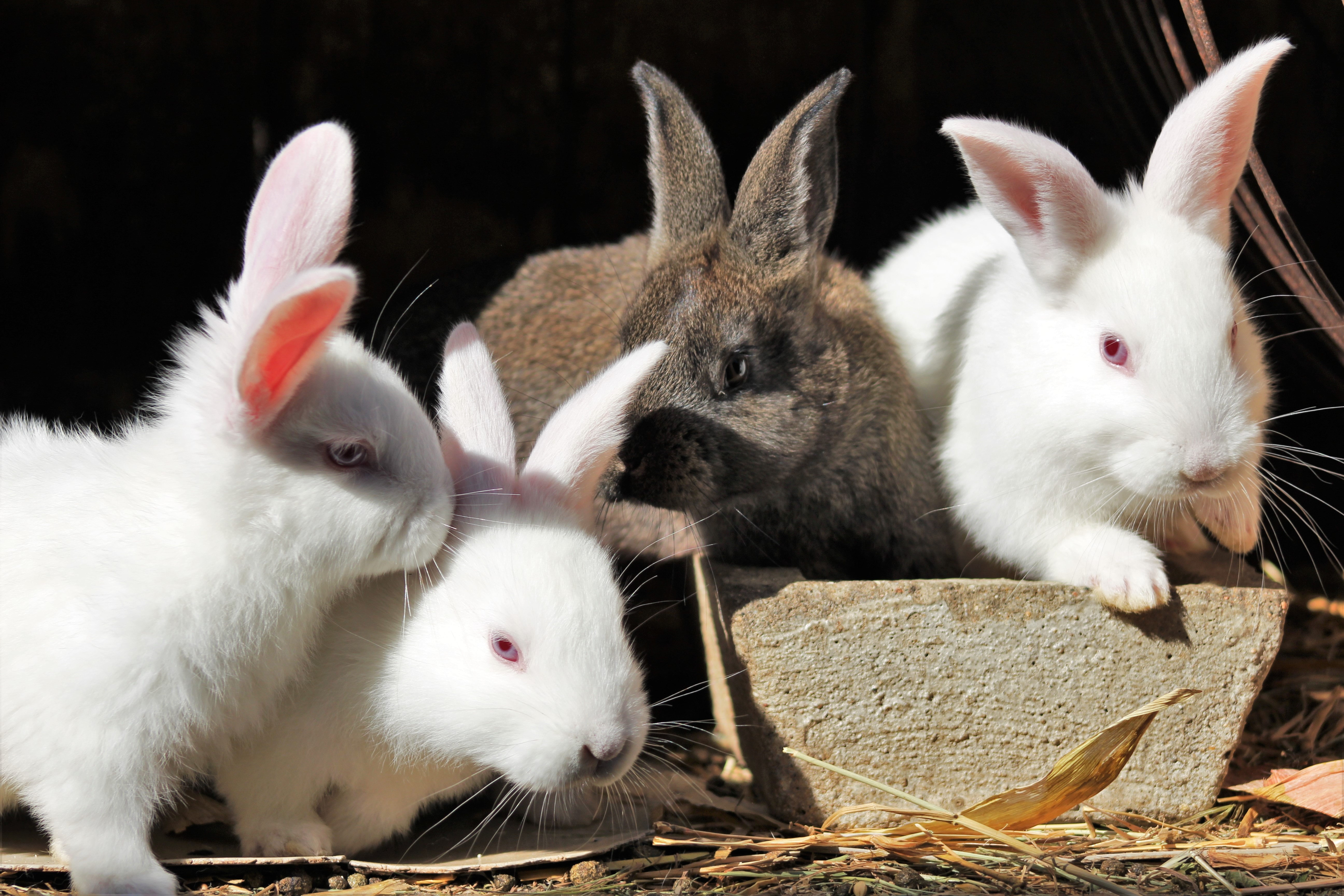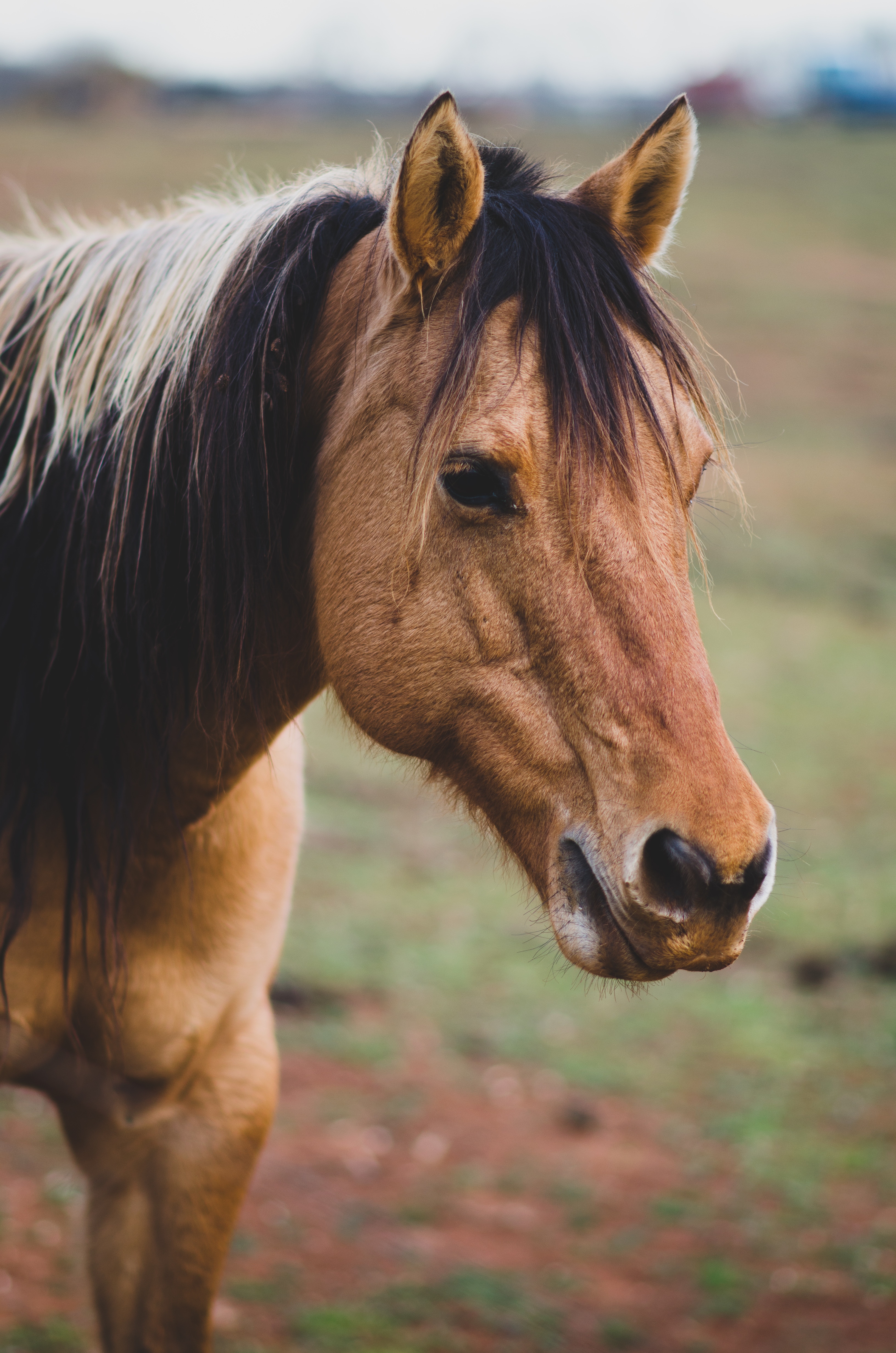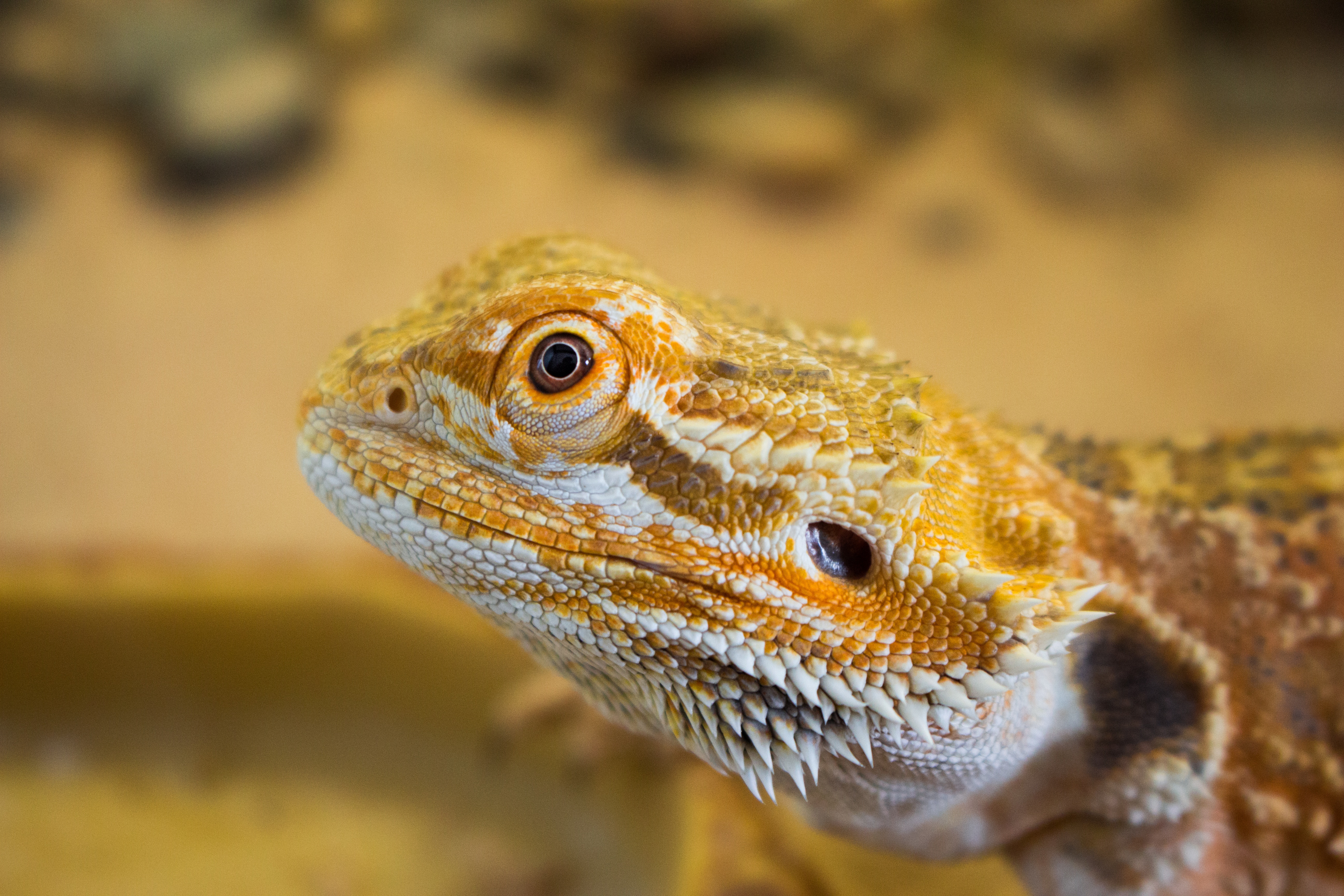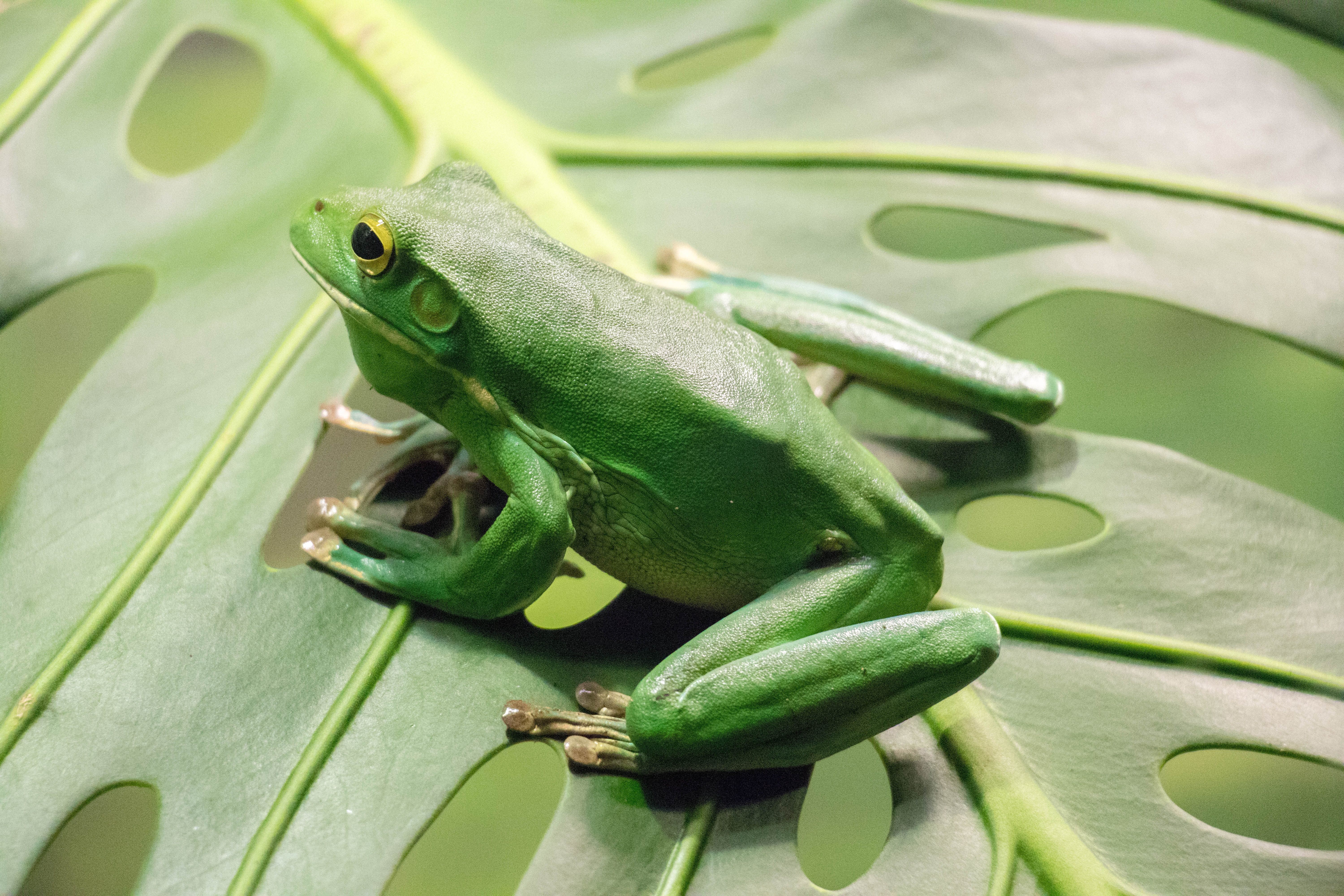Environment
A suitable living environment
Diet
A suitable diet
Behaviour
To be able to behave normally
Companionship
To have appropriate companionship
Health
To be protected from pain, suffering, injury and disease
1
Environment
A suitable living environment
2
Diet
A suitable diet
3
Behaviour
To be able to behave normally
4
Companionship
To have appropriate companionship
5
Health
To be protected from pain, suffering, injury and disease
Check before you buy
Research before you buy
Be sure you fully understand and fully appreciate the needs of the animal you are interested in, for example providing the right types of perches. Make sure you will be able to afford to meet the costs for the lifetime of the animal.
Consider contacting your local animal rescue/rehoming centre
Seek advice from reputable pet shops, breeders, books and websites
There might also be local interest groups that could help and your local veterinary practice may also be able to recommend suitable breeders.
Ensure you know what equipment you’ll need to make your pet at home, including providing them with sufficient space to get exercise when they need it
Ensure you buy from someone who specialises in the animal you are interested in
Visit the animal you are intending to buy
If you are buying an accommodation set-up with your new pet check that it is clean, supplied with the appropriate food and water receptacles, and that any special equipment for maintaining the animal’s environment is working properly
Some parrots require a special licence and paperwork before you can buy them so make sure that all relevant paperwork is available for inspection when you visit
This could include any necessary permits such as CITES or other documents.
If any paperwork is unavailable and has to be sent on, obtain a written commitment as to when it will be delivered
Ensure that the animal you are buying is healthy and free from signs of injury or disease
Birds cost calculator
When you are getting a pet, it is really important that you consider whether you can afford to keep that pet for its entire life. For birds this can mean the costs of purchasing suitable accommodation, getting the right food and making sure that they have enough enrichment. Using the available figures, we have put together estimates of how much it could cost to keep popular species in the table below.
Cost to buy - £50
Accommodation - £300
Enrichment - £50
Heating equipment - £75
Monthly feeding costs - £35
Monthly bedding/enrichment costs - £25
Monthly energy cost - £2
Annual insurance costs - £167
Average lifespan - 10 years
Total lifetime cost - £9,587 (for a pair)
Cost to buy - £3,000
Accommodation - £1,150
Enrichment - £75
Heating equipment - £75
Monthly feeding costs - £40
Monthly bedding/enrichment costs - £30
Monthly energy cost - £2
Annual insurance costs - £576
Average lifespan - 40 years
Total lifetime cost - £61,900 (for a pair)
Cost to buy - £4,000
Accommodation - £1,500
Enrichment - £100
Heating equipment - £75
Monthly feeding costs - £45
Monthly bedding/enrichment costs - £35
Monthly energy cost - £2
Annual insurance costs - £576
Average lifespan - 60 years

